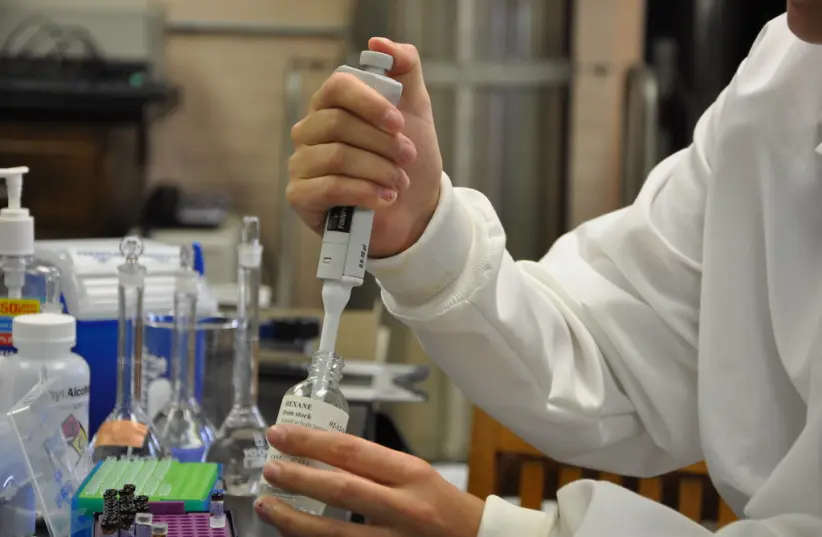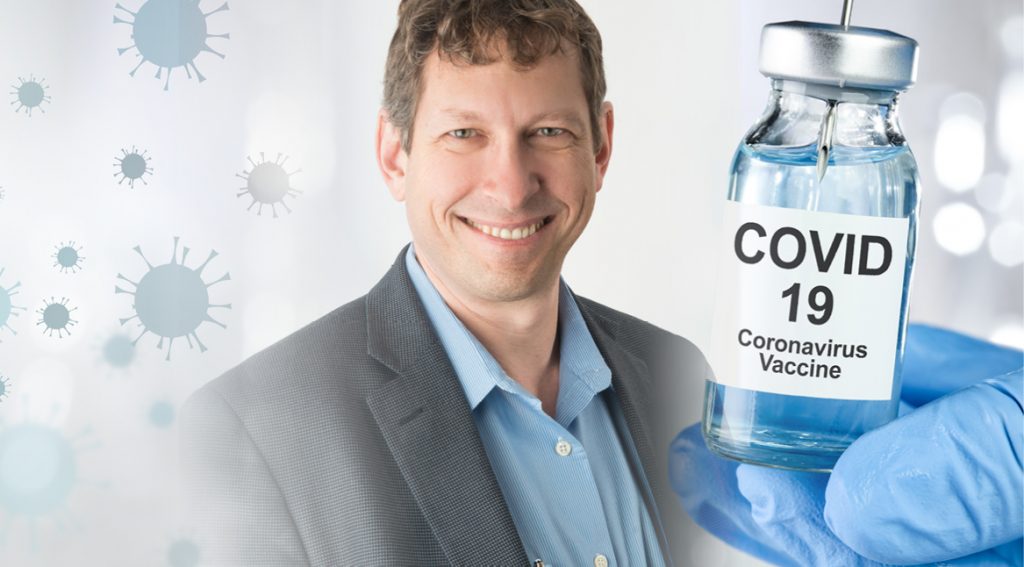
Secret Genius in the Desert
Secret Genius in the Desert
December 4, 2018
By Patricia Golan
Jerusalem Report – This year marks the 20th anniversary of the founding of a unique English-language medical school: the Medical School for International Health (MSIH) of Ben-Gurion University of the Negev. Though it is the only medical school of its kind in the world, with a four-year global health curriculum for non-Israeli students [BGU also has a medical school for Israeli students], its existence seems strangely unknown in its home country.
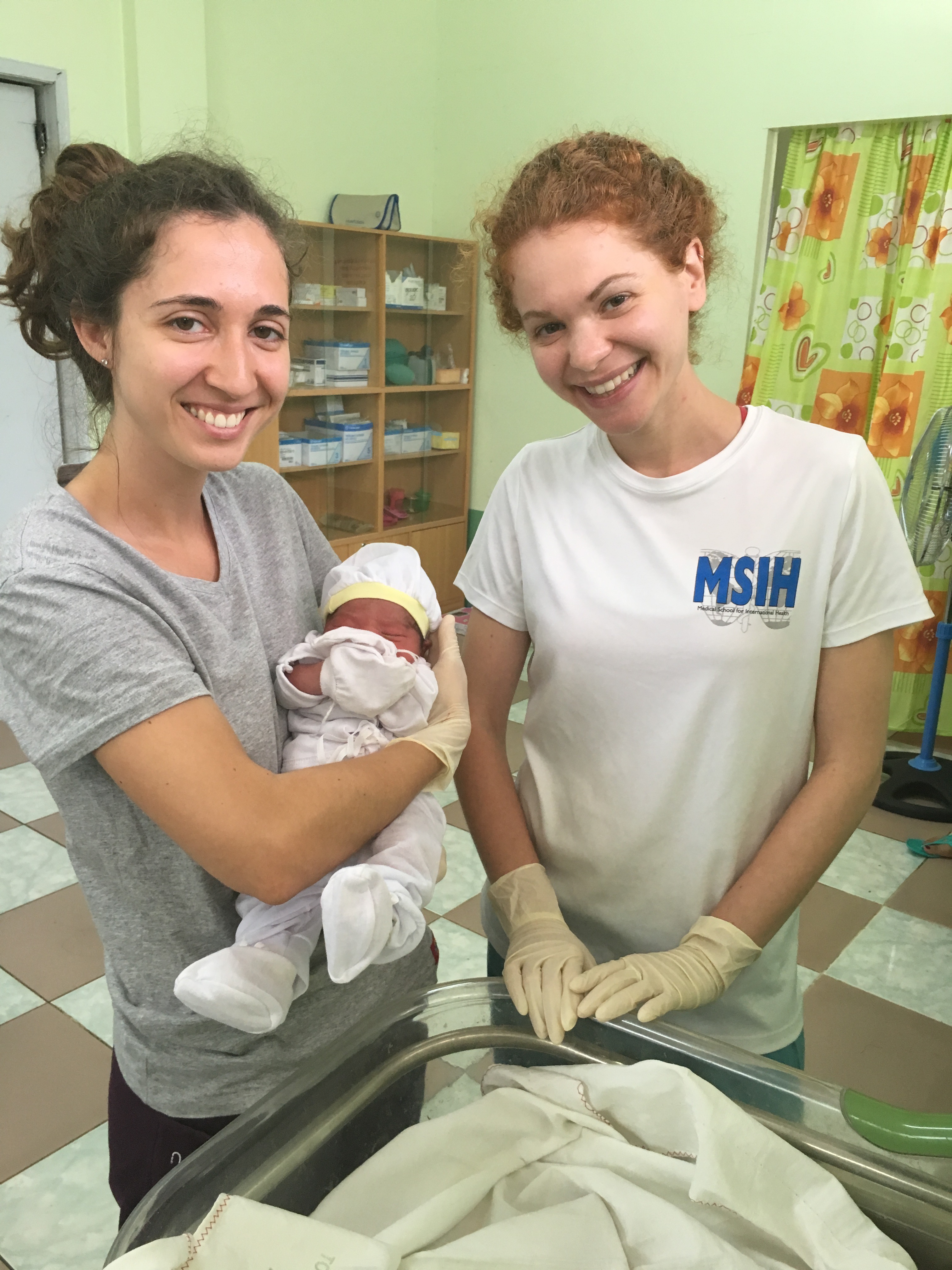
MSIH students during their clerkship in the Philippines
This “secret genius in the desert” now has 570 graduates serving as doctors all over the world. Global medicine means many things: refugee medicine, disaster medicine, working with underserved populations, international preventive medicine and health systems, tropical medicine, or all of the above. But what the students and alumni appear to share is the desire to have an impact as medical practitioners on social justice issues, and compassion for others whose cultural world is different from their own.
Graduates of the rigorous and challenging curriculum have worked as physicians in Papua, New Guinea, Ethiopia, Botswana, Haiti, Tanzania, Kenya, Angola, Uganda, Liberia, Jordan, Chad, and more. Many continue working in underserved populations.
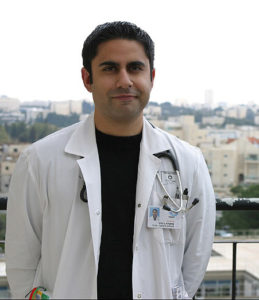
Dr. Javeed Sukhera in Israel
The cross-cultural experience at BGU “has shaped and had a transformative influence on what I do,” says Dr. Javeed Sukhera, assistant professor of psychiatry and pediatrics at Western University in Canada. “It’s about the bigger, broader issues on how we challenge ourselves every day to get outside our comfort zones, thinking about health disparities and issues of access.”
Although Israel wasn’t an obvious choice for a North American Muslim of Pakistani background, Dr. Sukhera, who graduated in 2005, relates that Israelis “accepted and welcomed me with open arms.” Now, years later, he says, “For me it’s how we treat people with mental illness, how stigmas have an impact in health care. Without being in Israel having that experience, I would never be doing what I am doing now.
“I think that I live and breathe that spirit of community focus at BGU in my practice now,” continues Dr. Sukhera. “I see this in myself, including my work with indigenous people with mental illnesses who are systematically marginalized.”
MSIH students are themselves from a variety of cultures and backgrounds. Many have already earned advanced degrees and have spent time working with underserved populations abroad. By definition they’re more altruistic and idealistic.
“People who go into medicine really do this as a service, people who go to MSIH are even more so dedicated. They go to this school because of their desire to help those the most in need. They’re very outward looking and a very special group of people,” insists Dr. Tiffany Pierce Schatz, class of 2010.
Today Dr. Pierce Schatz is a general and thoracic surgeon at Doctors Community Hospital in Lanham, Maryland. She cautions that “not everyone would have the grit to handle the hard parts, but our medical school was a real life experience; the learning was the easy part. You get to be with so many different people who have a different perspective on the world, on medical education; that was a major plus.”
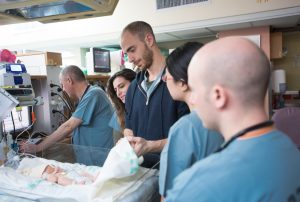
MSIH Class of 2019 students doing rounds with neonatologist Dr. Justin Richardson (looking at monitor) at Soroka University Medical Center, including Jonah Cohen (his back to the camera).
Aerin Philip’s two and a half years in the Peace Corps in Nepal was an intense education in cross-cultural aid. During his stint, the 25-year-old second-year MSIH student from Houston, Texas worked in the health section, giving nutritional and agricultural advice in a remote rural village 24 hours away from Kathmandu by bus and on foot.
“Electricity was off and on, and I had to carry water to my house,” he relates. He was there during the 2015 earthquake. “Everything was wiped out; it was chaotic with no means of communication.
“When I decided to become a doctor I saw an ad for MSIH. I liked the idea of studying medicine in the global context and not at a traditional medical school. In a way, this is like the Peace Corps, living in a place I have no ties or heritage to, and I’m absorbing things as I go along.” Philip’s parents are Orthodox Christians who immigrated to the U.S. from India.
As part of his community outreach, he’s involved in a project with Bedouin teens in a local village. “I love meeting people of different backgrounds; I find it fascinating. The whole Negev population is so interesting. That’s what makes this school so special,” he says.
“MSIH really opened my mind to global health and applying medicine outside of the hospital,” says 27-year-old Jonah Cohen, a fourth-year student now doing his rotation at the Long Island Jewish Medical Center and North Shore Hospital in New York. In his first years of medical school he did a project on emergency medicine in the unrecognized Bedouin villages, and wrote a research paper on the Ethiopian community in Israel, focusing on the issues of integration, higher rates of mental illness and diabetes.
In addition to fourth-year electives and clerkships in medical centers in North America, a key requirement of all MSIH students is an internship abroad in their fourth year.
To read the full article, download the PDF >>
Make a donation to support scholarships for exceptional medical students at MSIH>>


